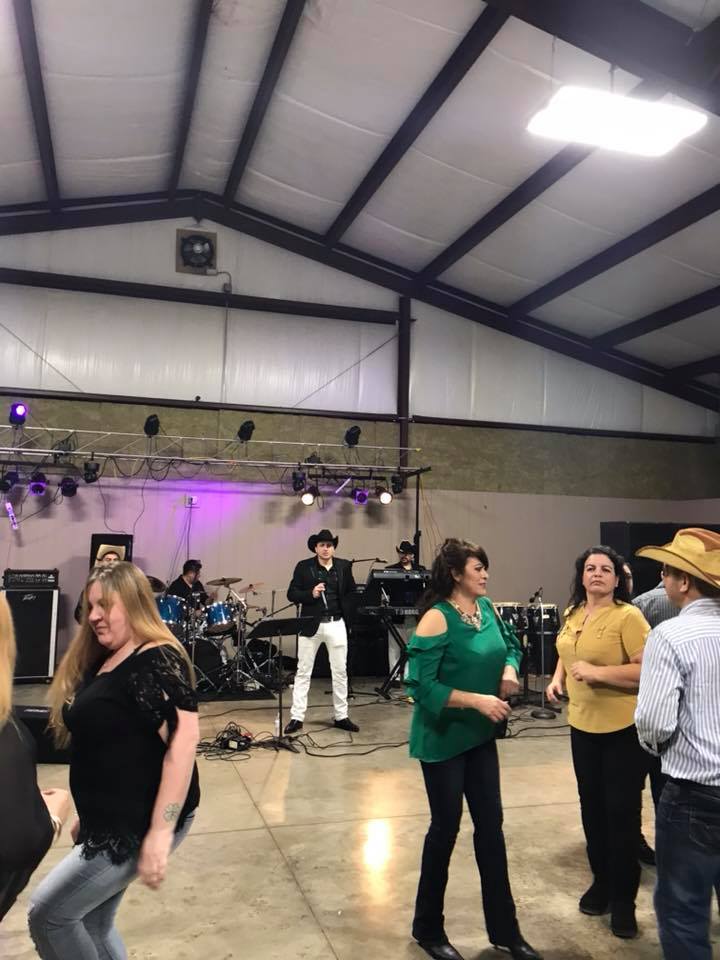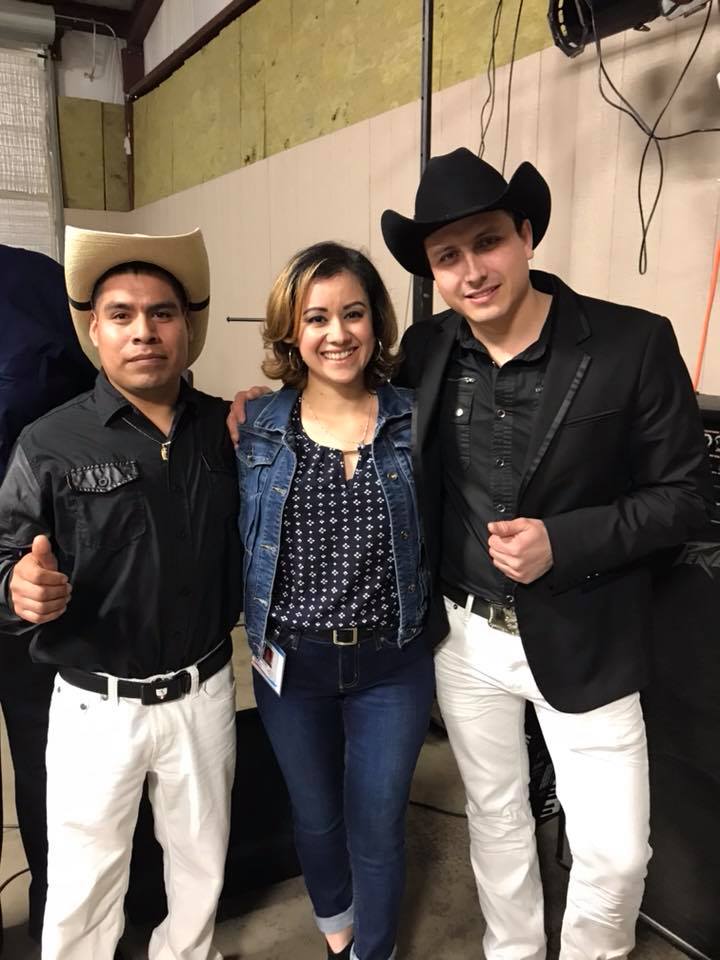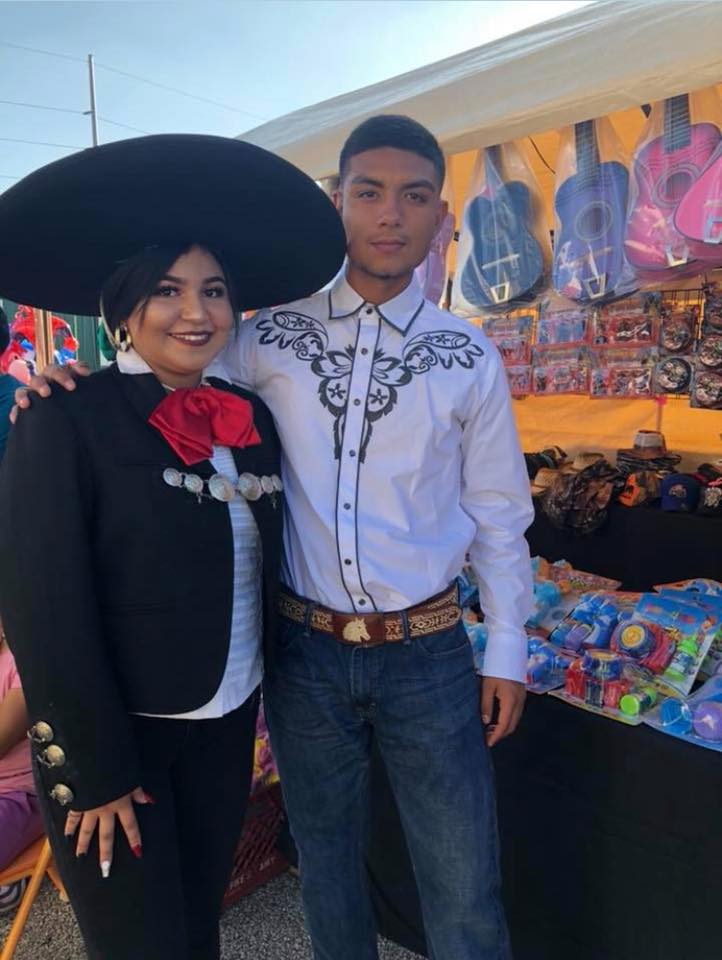About Radio Sabor Latino
Thru most of the 80’s and 90’s Mr. Ramon Rodriguez was director of a one hour weekly Spanish radio program, “Informando al Pueblo”. After Mr. Juan Lora, in charge of preparing and reading news for the weekly program, left in the mid 90’s, Mr. Eliud Villanueva was asked by Mr. Rodriguez to replace him. Mr. Villanueva fell in love with radio broadcasting. Three or four years later, WSBT-AM decided that they could not host the Spanish program anymore because of their “talk radio” format. “Informando al Pueblo” was the only slot where music was played, the reason they had to pay ASCAP & BMI expensive licensing fees. Mr. Villanueva and Mr. Rodriguez had researched starting a radio station, just to find out that it was an extremely expensive proposition. By coincidence, a few months later, Mr. Villanueva read an article in the South Bend Tribune announcing that the FCC had approvedd a rule that would allow Not-for-Profit organizations to apply for a new type of FM radio stations (Low Power stations). At the time Mr. Villanueva was, and still is, an active member of LULAC Council 5001. He proposed to the directors to apply for one of these stations, according to him it would make it easier to raise funds for the main purpose of the group, college scholarships. After their approval, he filed all the documentation necessary, in April 2001 LULAC Council 5001 was granted a construction permit for a radio station to broadcast at 98.1 MHz FM. The construction permit had an expiration date of October 12, 2002. The fact that the date was the original Columbus Day was seen as a good omen for a Hispanic endeavor.
Mr. Villanueva organized the Council members into subcommittees. The group agreed that, to be able to meet the deadline, in 2002 no scholarships would be awarded, to allow use of 100% of the funds raised to buy equipment and cover expenses. The budget was overwhelming, at that time the University of Notre Dame started to work on a Kellog grant to benefit Hispanic community projects. Mr. Villanueva prepared all the documentation requested and gave it to the ND personnel that were preparing the proposal. Unfortunately it was learned early in 2002, that the proposal had been denied. At the end of February 2002, the scholarship committee, contrary to Mr. Villanueva’s opinion, saw the radio project as a dead issue. A large portion of the funds were distributed as scholarships, leaving less than $3,000 in the Council coffers. In spite of this setback, a few council members continued working on the project, a letter was sent to all members of the local Chamber of Commerce asking them to donate to the project, the response was minimal, but it encouraged the few in favor (Gregorio Chavez, Dr. Eleodoro Febres, Paula Gonzalez, Ramon Rodriguez, Edwin Rosado, Victoria Stemn and Mr. Villanueva himself) who decided to continue. Mr. Villanueva started searching for used equipment thru eBay and bought all that was needed, except for the transmitter, cable and antenna. Time and money were running out, the key components were not in hand yet. At his own suggestion, Mr. Villanueva agreed with Council 5001, to charge his credit card the rest of the equipment, he was convinced that the station would pay him back in less than a year. After a little over $7,000 were charged, the equipment was ready in August 2002. The time came to put it all together. On Sunday the 1 st of September, friends and relatives of the leaders of the project came together at the Marycrest Building, directed by Mr. Villanueva they assembled all the components. Around 1 pm it was time to turn the switch on. To everyone’s amazement, the system worked flawlessly. To this date the station has rarely needed to be off the air.
Radio Sabor Latino was born on September 1 st , 2002. Because of the significance of the deadline date of October 12, it was agreed to consider this the actual anniversary date of the station.


